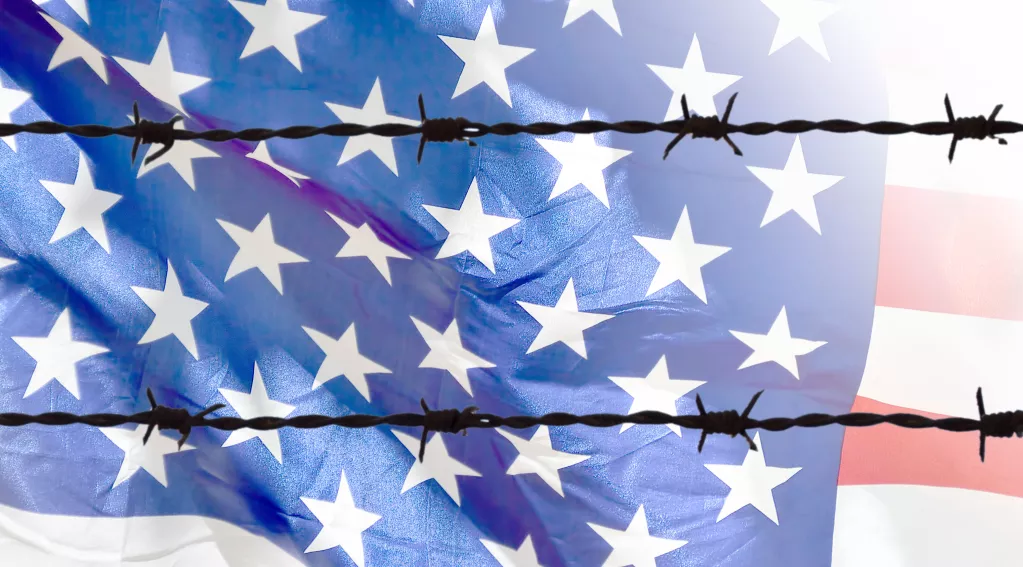President Trump Seeks $4.5 Billion to Address Border Emergency

By Preston Huennekens | May 3, 2019
On Wednesday, President Trump submitted to Congress a request for $4.5 billion in emergency border funds. This aid address the harrowing situation impacting our southwest border and would provide much-needed relief to the agencies at the front lines. In spite of the fact the request includes humanitarian resources and mission support funds, Congressional Democrats have already signaled they will oppose it.
Rep. Bennie Thompson (D-Miss.), chairman of the House Committee on Homeland Security, asserted in a press release that “this request holds a number of non-starters – such as doubling down on the Administration’s cruel and failed policies including mass detention.” Thompson further claimed the border crisis “is one largely of the Trump Administration’s own making, and we will not appropriate more funds that will add to the chaos and make the problem worse.”
The funding request is actually quite restrained and does not include a dime for wall construction, one of the President’s longtime goals. Instead, the budget asks for $3.3 billion in humanitarian funding, $1.1 in border operations and $178 million in mission support – all imperatives since Trump Administration officials report that agencies are “literally running out of funds.”
Almost 73 percent of the request is comprised of funding for humanitarian needs, which would go towards supporting aliens in the care of the Departments of Homeland Security (DHS) and Health and Human Services (HHS). Under the proposal, the $2.9 billion provided to HHS would be sufficient to support an increase of the number of beds available to unaccompanied alien minors (UACs) to 23,600 beds. Russell Vought, Deputy Director of the Office of Management and Budget, estimated that the UAC program will run out of funds in June.
Conversely, DHS would receive $273 million to expand their detention capacity by 3,500 beds. In the first three months of 2019 alone, ICE released over 100,000 aliens because they had nowhere to detain them, so the funding is an imperative. However, it could be a sticking point further down the appropriations process because an increase in the number of detention beds available to ICE has been opposed by Democrats in both chambers.
The $1.1 billion allocated for border operations will support paying for extra border patrol and ICE agents. Some of this money may also go towards additional detention beds, although the $3.3 billion in “humanitarian assistance” also addresses that need.
These are common sense solutions to provide relief to our taxed and overworked agencies on the border. Even the New York Times acknowledges that our immigration system is at a breaking point. The administration narrowly tailored this funding request and tried to avoid a political fight over wall funding. Yet even these requests are too much for congressional Democrats.
